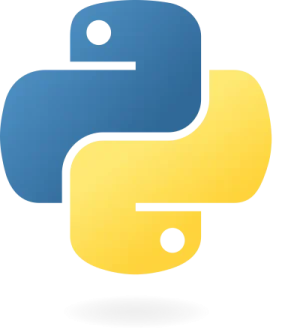Exploring Python Dictionary Methods
Python dictionaries come equipped with a variety of built-in methods that make it easier to manipulate and interact with the data they store. Below is a comprehensive guide to these methods, including practical examples and links to the official Python documentation for further reading.
List of Dictionary Methods
| Method | Description |
|---|---|
| clear() | Removes all elements from the dictionary, leaving it empty. |
| copy() | Returns a shallow copy of the dictionary. |
| fromkeys() | Creates a new dictionary with specified keys and a default value. |
| get() | Returns the value associated with the specified key. If the key is not present, it returns None or a default value if specified. |
| items() | Returns a view object that displays a list of dictionary’s key-value tuple pairs. |
| keys() | Returns a view object that displays a list of all the dictionary’s keys. |
| pop() | Removes the specified key and its corresponding value from the dictionary. Raises a KeyError if the key is not found. |
| popitem() | Removes and returns the last inserted key-value pair as a tuple. Raises a KeyError if the dictionary is empty. |
| setdefault() | Returns the value of the specified key. If the key does not exist, it inserts the key with the specified value and returns that value. |
| update() | Updates the dictionary with elements from another dictionary object or an iterable of key-value pairs. |
| values() | Returns a view object that displays a list of all the values in the dictionary. |
Practical Examples
To see these methods in action, consider the following examples using a dictionary of books:
# Creating a dictionary of books
library = {
"book1": {"title": "To Kill a Mockingbird", "author": "Harper Lee"},
"book2": {"title": "1984", "author": "George Orwell"},
"book3": {"title": "Moby Dick", "author": "Herman Melville"}
}
# Example of clear()
library.clear()
print("Library after clear():", library)
# Example of copy()
library = {
"book1": {"title": "To Kill a Mockingbird", "author": "Harper Lee"},
"book2": {"title": "1984", "author": "George Orwell"}
}
copy_library = library.copy()
print("Copy of the library:", copy_library)
# Example of fromkeys()
new_books = dict.fromkeys(["book1", "book2"], {"title": "Unknown", "author": "Unknown"})
print("New books with fromkeys():", new_books)
# Example of get()
author = library.get("book1", {}).get("author", "Unknown Author")
print("Author of book1:", author)
# Example of items()
print("Items in library:")
for key, value in library.items():
print(key, value)
# Example of keys()
print("Keys in library:", library.keys())
# Example of pop()
removed_book = library.pop("book1", "Book not found")
print("Removed book:", removed_book)
# Example of popitem()
last_item = library.popitem()
print("Last item removed:", last_item)
# Example of setdefault()
library.setdefault("book3", {"title": "The Great Gatsby", "author": "F. Scott Fitzgerald"})
print("Library with setdefault():", library)
# Example of update()
library.update({"book4": {"title": "Pride and Prejudice", "author": "Jane Austen"}})
print("Library after update():", library)
# Example of values()
print("Values in library:", library.values())
Each of these methods offers unique functionality that can help you manage and interact with dictionaries in Python. For more details, refer to the official Python documentation.
